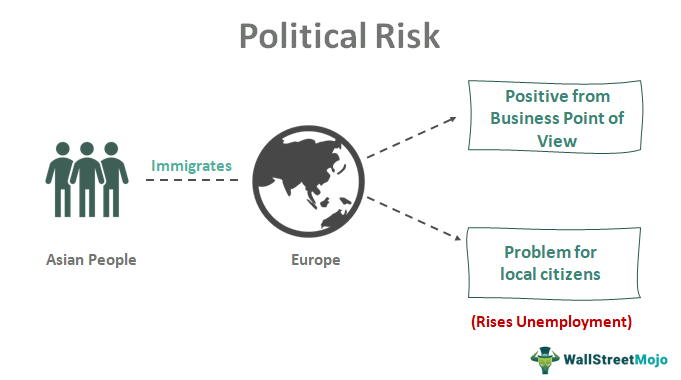

Nevertheless, it is important for a nation to understand that some politics are beyond local. It is a tragedy if these exceptions become the rule. Some of these out of the ordinary factors may come in the form of campaigning in the name of someone who did the work in the past (such as heroes and political dynasties), preponderance of resources, extreme charisma and popularity, intimidation and use of force, and running against a token opponent. But since they are exceptions, such extraordinary factors must be evident if not overpowering to make a difference. There will always be exceptions to the rule. Some lucky aspirants could win through other ways. Generalization is always a risky business. Unfortunately, on the eve of elections, it is often employed and exploited for wrong reasons.

Local stuff could be done and used either for the common good or for personal gains. Doing local should also be the way of private volunteer groups and non-government organizations. We could just as well be all politicians in our own local ways and situations. In a sense, doing local by itself is neutral.

It means tailoring every campaign speech to each class and specific group of voters. It means being able to connect by saying relevant things to the right audience. It means understanding community issues, problems and challenges, delivering basic public services, and providing local employment and means of livelihood. Local in politics means building personal relations and linkages, making personal presence at their most important occasions, having personal touch in every way possible. Persist, but be realistic of your chancesĪll these make politics a matter between leaders and followers. Deliver a speech with one memorable sentence Don’t forget to ask for their votes, including your neighbor and spouse you can’t win without the votes Ask people to volunteer – they want to be asked Be in the right place at the right time and make the best of it know your audience Have a platform, such as work and wages, education and environment Keep in mind four essential ingredients of a campaign: the candidate, the issues, the organization and money Never forget where you came fame is fleeting A life of public service should not make you rich No chore is too small routine letters and unannounced visits make a difference Help, including those who did not contribute to your campaign When you join a political party, wait for your turn to take the lead be loyal

Use your power and clout to protect your people Make good investments out of your “pork” Go home often and report to your constituents In comparison, less than half of the rules are played during the campaign period itself. For both aspiring and veteran politicians, these rules should be a way of life. In fact, many of them begin immediately after elections. Most of the rules to be played happen long before election day. This book, entitled “All politics is local,” contains all-time and across-the-board rules of the game of politics. One of the most interesting sets of political anecdotes could be found in a memoir written by Tip O’ Neill, who was speaker of the House of Representatives of the United States for ten years from mid-70s to mid-80s. “All politics is local” means being always immersed at the community level, knowing your people, understanding their problems, creating opportunities and jobs, using your power and resources to win them over, and personally asking for their votes. While this week marks just the start of the campaign period for the forthcoming elections scheduled on, those who are only starting now to work to get elected are too late in the game of competitive politics.


 0 kommentar(er)
0 kommentar(er)
